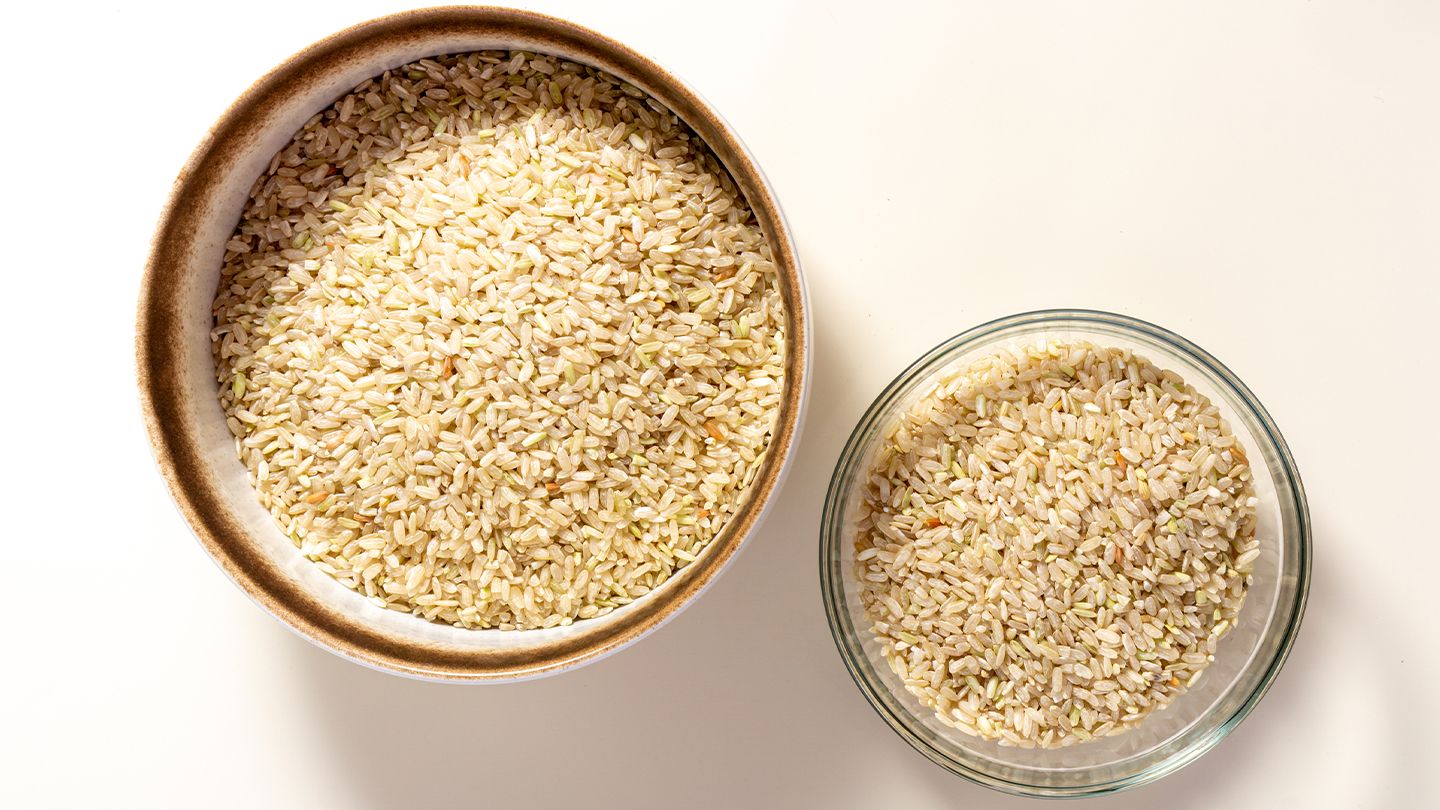Understanding the Keto Diet and Protein
The keto diet has become an increasingly popular way to lose weight, improve health, and simplify eating. This low-carb, high-fat diet helps the body reach a metabolic state called ketosis.
Ketosis occurs when the body switches from using carbohydrates as its main source of energy to using fats. This produces molecules called ketones as a byproduct. Ketones can provide energy to the brain and other parts of the body.
But to reach this fat burning state safely while getting adequate nutrition, its important to understand how protein fits into the keto diet.
Why Protein Matters on Keto
Protein plays several critical roles while following a well-formulated ketogenic diet:
- Prevents muscle loss while losing weight
- Provides essential amino acids
- Can boost metabolism slightly by preserving muscle
- Keeps you feeling satisfied between meals
Getting enough protein ensures that your body can burn stored fat instead of breaking down muscle tissue for energy while eating very few carbs.
How Much Protein Should You Eat?
While individual protein needs can vary, most people will do well eating around 0.6g to 1.0g of protein per pound of lean body mass.
This equates to:
- 66-110g protein for a 150 pound person
- 88-146g protein for a 200 pound person
- 110-183g for a 250 pound person
People who are very active or trying to build muscle may benefit from protein towards the higher end of these recommendations.
Keto-Friendly Protein Food Sources
Here are some of the most popular high protein, low carb choices for keto:
- Fatty fish like salmon
- Other seafood like shrimp
- Eggs and poultry
- Gras-fed meat
- Full-fat dairy products
- Tofu and tempeh
- Nut butters
- Nuts and seeds
- Protein powders like whey or beef collagen
Different Types of Keto Diets
There are several variations of the standard ketogenic diet. Each one has differences in carb counts, protein intake, as well as lifestyle factors like working out.
Understanding the unique aspects of these keto diet types can help choose the right approach based on your goals and preferences.
Standard Ketogenic Diet (SKD)
The standard ketogenic diet typically limits carbs to fewer than 50g per day. Some people may go as low as 20-30g of net carbs (total carbs minus fiber) for maximum ketosis.
Moderate amounts of protein are encouraged to preserve muscle tissue while minimizing fat intake.
High-Protein Ketogenic Diet
This type focuses on higher protein consumption while still restricting carbs to reach ketosis.
It emphasizes protein sources like fatty fish, meat, whey protein, eggs, and dairy while limiting carb counts.
The high protein keto diet may aid greater muscle growth for active people or those trying to lose weight while retaining muscle.
Cyclical Ketogenic Diet (CKD)
The cyclical variation involves short periods of increased carb intake while remaining predominantly keto.
A common format is 5-6 days in ketosis while eating high protein foods and non-starchy vegetables followed by 1-2 days eating higher quantities of carbs.
These periodic carb loads replenish muscle glycogen to support intense workouts and athletic performance.
Targeted Ketogenic Diet (TKD)
Like the cyclical diet, the targeted keto diet permits occasional carb intake but only around workouts instead of planned refeeds.
The purpose is to provide the muscles and body added glucose from carbs as fuel for intense training sessions without interrupting ketosis most of the time.
Benefits of Higher Protein Ketogenic Diets
Consuming adequate protein offers several advantages for many people adhering to keto diets:
Prevents Muscle Loss
Ketogenic diets help melt away body fat rapidly but can also cause some breakdown of muscle tissue in the process due to the low insulin and restricted protein.
Getting enough protein each day prevents excessive loss of muscle mass typically associated with crash diets.
Supports Satiety
One big challenge with any extremely low-carb eating plan is increased hunger between meals due to stable blood sugar levels.
Replacing some dietary fat with protein sources can help increase satisfaction throughout the day to avoid cravings or overeating.
Boosts Metabolism
Having additional protein in the diet also slightly increases the amount of calories and energy expended digesting this macronutrient.
Maintaining muscle further supports a higher metabolic rate to assist weight control rather than decreased muscle mass slowing metabolism.
Potential Drawbacks of High-Protein Keto
While protein is important on keto, having too much can become counterproductive for some people. Possible issues can include:
Digestive Problems
Large amounts of protein foods may irritate digestive issues like bloating, cramping, or diarrhea in sensitive individuals.
Too much protein can also spike insulin levels which may slow down ketosis.
Kicked Out of Ketosis
If protein intake regularly surpasses a certain threshold, the excess amino acids will get converted into glucose via a process called gluconeogenesis.
This could hamper efforts to keep blood sugar and insulin at stable keto-friendly levels.
Kidney Strain
For those with chronic kidney disease, excessive protein puts added strain on the kidneys which must metabolize the waste products from protein metabolism.
Checking with a doctor can ensure adequate but not excessive protein intake based on personal health status.
The Takeaway
Moderate protein intake provides vital support for muscle retention, metabolism, and satisfaction while adhering to a well-formulated ketogenic diet.
Most people feel and function their best getting around 0.6-1.0g of protein per pound of lean body weight as part of an otherwise low-carb, high-fat keto diet.
Higher protein keto variations may also be beneficial and safe for many healthy individuals based on goals, activity levels, and personal tolerance.
FAQs
How much protein should I eat on keto?
Most people do well eating 0.6g - 1g of protein per pound of lean body weight. So if you weigh 150lbs with 25% body fat, eat about 66-110g per day.
Will too much protein kick me out of ketosis?
It's possible. Excess amino acids get converted to glucose, which could stall ketosis if intake is very high. Moderate protein equal to 15-30% of calories is ideal.
What are the best protein foods to eat on keto?
Fatty meats, fish, eggs, full-fat dairy, nuts and seeds are excellent choices. Consider a protein powder like whey or collagen peptides too.
Can I build muscle effectively on keto?
Yes, cyclical and targeted keto timed with workouts can enable effective muscle gain. Make sure overall calories support muscle growth goals.
Disclaimer: This article is for informational purposes only and does not constitute medical advice. Always consult with a healthcare professional before starting any new treatment regimen.
Related Coverage
El maíz tiene muchos carbohidratos, así que por lo general no es keto-compatible. Pero el maíz congelado, enlatado y harinas de maíz procesadas pueden caber ocasionalmente en la dieta....
Some popular mixed drinks like Long Islands and frozen Margaritas are cloyingly sweet, artificial-tasting, and poorly balanced. Discover better cocktails to order instead....
Breads, grains, beans, fruits and starchy veggies are off limits on keto. Swap high-carb foods for low-carb vegetables, Cloud Bread, chia pudding, cauli rice, fatty meats....
Black soybeans are too high in carbs and glycemic index to fit into keto diet macros. Lower-carb bean substitutes include hemp hearts, tempeh, and edamame....
Prevent keto flu, cramps, fatigue, and heart issues by eating magnesium-rich foods like pumpkin seeds, leafy greens, cocoa and fatty fish. Supplements can also help....
Keto diet magazines offer guidance, recipes, meal plans, and motivation to help you succeed with the low-carb, high-fat ketogenic diet for weight loss and health....
Discover how to make delicious low-carb, high-fat desserts like chocolate mousse, coconut cookies, cheesecake, and more with these keto-approved ingredients and recipes....
Sake's low carb and calorie profile make it a solid keto alcohol option. Learn how sake fits into keto, its health benefits, and tips for drinking sake on a ketogenic diet....
Protein shakes are a useful tool for intermittent fasters. Learn how they provide energy, preserve muscle, and curb hunger during fasting windows....
Unusual urine colors like orange, blue, green, dark yellow, or cloudy white may indicate underlying health issues. Learn when urine color changes warrant seeing a doctor....








